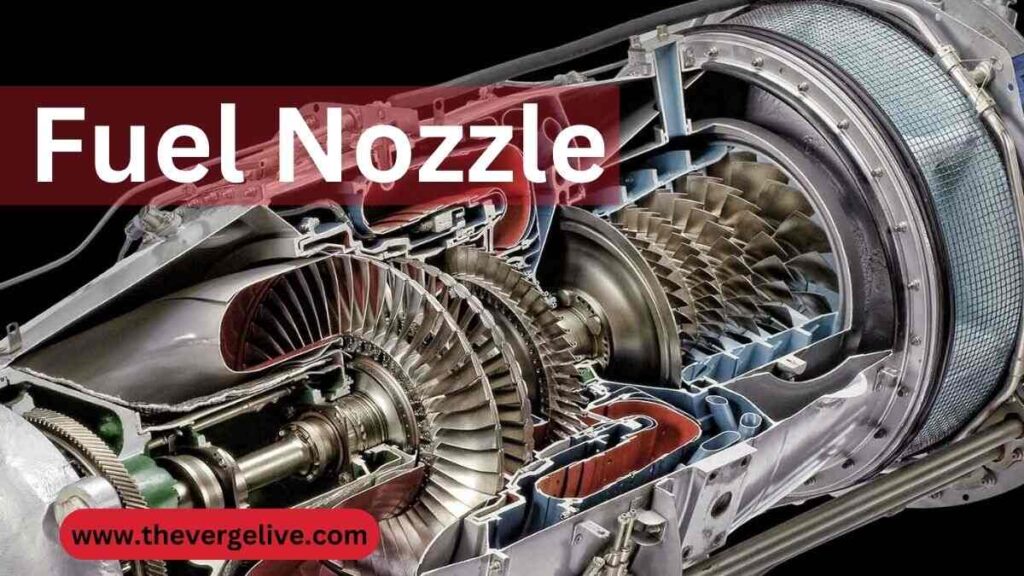Fuel nozzles are an essential component of any fueling system, whether it be for vehicles, industrial equipment, or even aviation. These nozzles are responsible for efficiently delivering fuel to the intended recipient, ensuring that the process is safe, clean, and reliable. However, like any mechanical device, fuel nozzles require regular maintenance to ensure optimal performance and longevity. In this article, we will explore the importance of fuel nozzle maintenance, the key steps involved, and the benefits it can bring.
Importance of Fuel Nozzle Maintenance
Regular maintenance of fuel nozzles is crucial for several reasons. Firstly, it helps prevent fuel leaks, which can be hazardous and environmentally damaging. Leaking fuel not only poses a fire risk but can also contaminate soil and water sources, leading to severe consequences for the environment.
Secondly, proper maintenance by experts like Allied Power Group ensures that the fuel nozzle operates efficiently, delivering the correct amount of fuel to the intended recipient. This is important not only for fuel conservation but also for maintaining the performance and longevity of the equipment being fueled. When the fuel nozzle is well-maintained, it can accurately dispense the required amount of fuel, avoiding wastage and maximizing the equipment’s efficiency.
Regular maintenance of fuel nozzles involves inspecting and cleaning the nozzle regularly to remove any debris or blockages that may impede its proper functioning. Additionally, routine maintenance may also involve checking for any signs of wear and tear, such as damaged seals or hoses, and replacing them as necessary. By staying on top of maintenance tasks, operators can ensure that the fuel nozzle remains in optimal condition, minimizing the chances of fuel leaks and ensuring efficient fuel delivery.
The Key Steps in Fuel Nozzle Maintenance
While specific maintenance requirements may vary depending on the type of fuel nozzle and the application it is used for, some common steps should be followed. Here are the key steps in fuel nozzle maintenance:
1. Inspection: Regularly inspect the fuel nozzle for any signs of damage, such as cracks, leaks, or worn components. This should be done visually as well as by performing functional tests to ensure proper operation.
2. Cleaning: Fuel nozzles can become clogged with debris or residue over time, affecting their performance. Cleaning should be done using approved solvents or cleaning agents, following the manufacturer’s recommendations. It is important to ensure that the nozzle is completely dry before reinstalling it.
3. Lubrication: Some fuel nozzles require lubrication to maintain their smooth operation. This should be done with the appropriate lubricant, as recommended by the manufacturer. Excess lubrication should be removed to prevent contamination of the fuel.
4. Calibration: Over time, fuel nozzles may lose their accuracy, leading to incorrect fuel measurements. Regular calibration should be performed to ensure accurate fuel dispensing. This can be done using specialized equipment or by following the manufacturer’s instructions.
5. Replacement of worn components: If any components of the fuel nozzle are worn or damaged beyond repair, they should be replaced promptly. This includes seals, o-rings, springs, or any other parts that may affect the nozzle’s performance.
6. Training and documentation: Maintenance personnel needs to receive proper training on fuel nozzle maintenance procedures. Additionally, all maintenance activities should be properly documented, including inspections, cleaning, lubrication, calibration, and component replacements. This documentation can help track maintenance history and identify any recurring issues.
Benefits of Fuel Nozzle Maintenance
Regular maintenance of fuel nozzles brings several benefits, both in terms of safety and operational efficiency. By preventing fuel leaks, maintenance helps minimize the risk of fires and environmental damage. It also ensures that the correct amount of fuel is delivered, reducing waste and improving the overall performance of the equipment being fueled.
Furthermore, proper maintenance of fuel nozzles ensures the delivery of the correct amount of fuel. This is particularly important as it helps in reducing fuel waste, which can be costly for businesses. Moreover, delivering the appropriate amount of fuel ensures optimal performance of the equipment being fueled. Whether it is an automobile or an industrial machine, using the correct amount of fuel enhances its efficiency, prolongs its lifespan, and reduces the need for frequent repairs or replacements.
Regular maintenance of fuel nozzles also involves cleaning and inspecting them for any wear and tear. This helps identify any potential issues before they become major problems. By addressing these issues promptly, maintenance professionals can prevent costly breakdowns or equipment malfunctions, thus minimizing downtime and ensuring smooth operations.
Conclusion
Fuel nozzle maintenance is a critical aspect of ensuring optimal performance, safety, and longevity. By following the key steps outlined in this article, businesses can minimize the risk of fuel leaks, improve operational efficiency, and prolong the lifespan of their fuel nozzles. Regular maintenance not only saves money by reducing repair and replacement costs but also helps businesses comply with industry standards and regulations. Ultimately, proper maintenance of fuel nozzles is an investment that pays off in terms of safety, efficiency, and cost-effectiveness.
